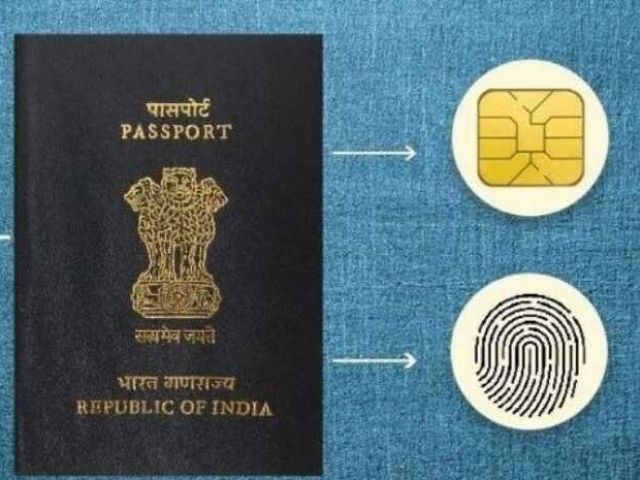The Indian government will soon introduce e-Passports to ease foreign travel and secure passport holders’ data. Only last year did the government make an announcement on the e-passport idea.
It would be made public by the end of this year, according to confirmation from S. Jaishankar, minister of external affairs.
According to s. Jaishankar, the government aims to use e-passports to enhance the citizen experience and public delivery. We should point out that chip-based e-passports are nothing new. India Today said that more than 100 nations have begun issuing chip passports.
Table of Contents
ToggleWhat is e-Passport?

E-Passport will work similarly to a conventional physical passport. It will have a small electric chip. It could like a chip in a driver’s licence. The relevant information about the passport holder, including name, address, and other facts, will be stored on this chip.
The Radio Frequency Identification (RFID) chip will be used in the e-Passport. An antenna will be attached to the back cover. With this, the official can quickly verify the traveler’s information. By doing this, the likelihood of false passports and data manipulation will both decline.
Who will make e-Passport?
This is being worked on by tech giant Tata Consultancy Services (TCS). By the year’s end, the e-passport will be available. This has been confirmed by the Indian government as well. The report states that TCS is collaborating with MEA to establish a new command and control centre for this.
What will happen to the old passport?
The administration hasn’t made any announcements about this as of yet. Only the new passport holder will receive an e-passport after it is issued. It is not yet known whether the owner of the expired passport will need to apply for a new one or wait until the existing one expires.

























